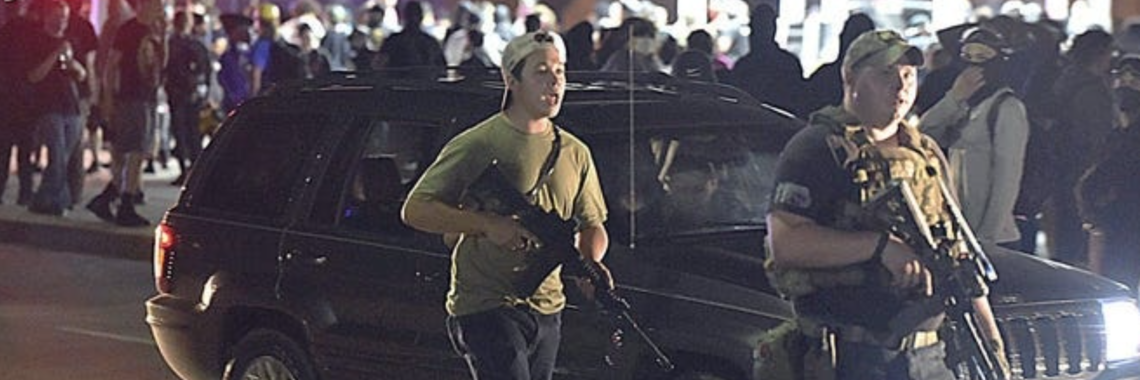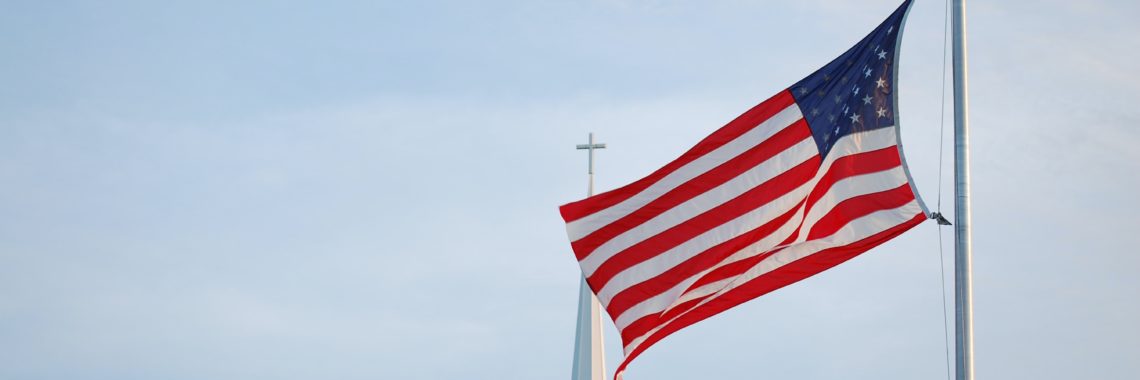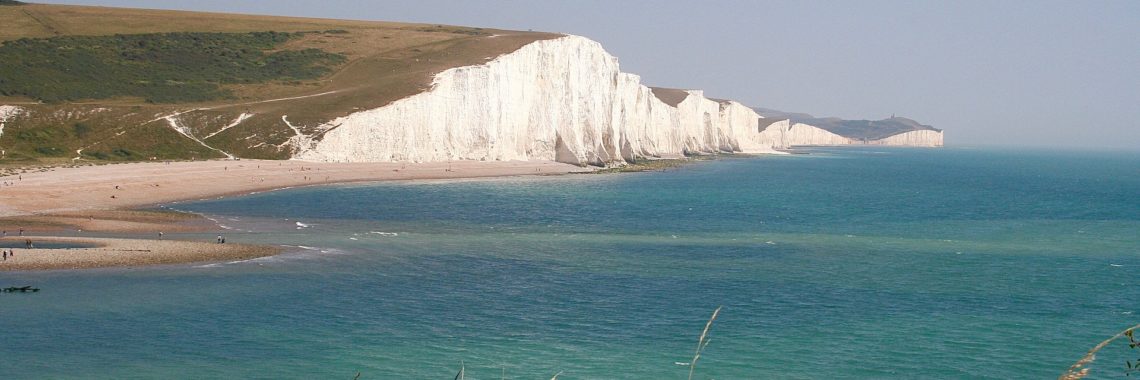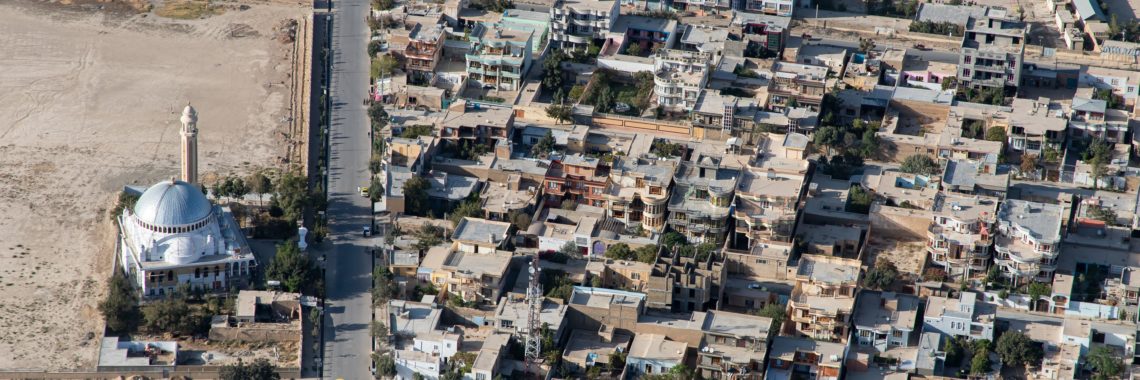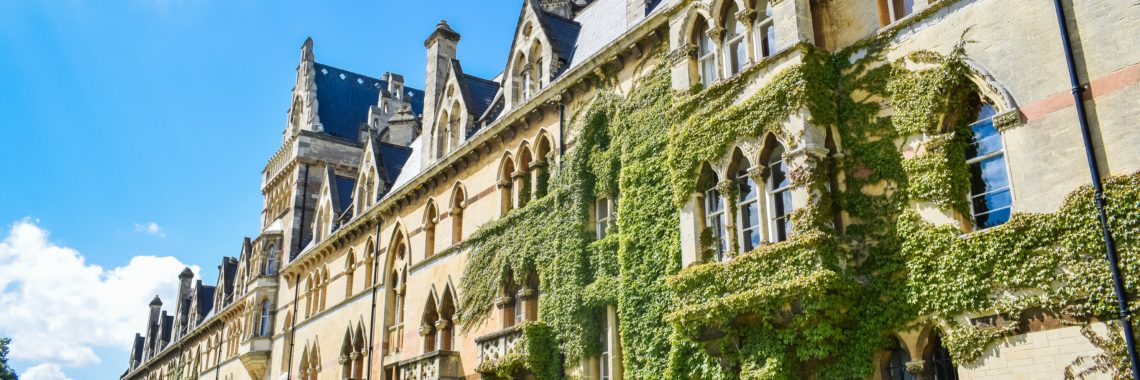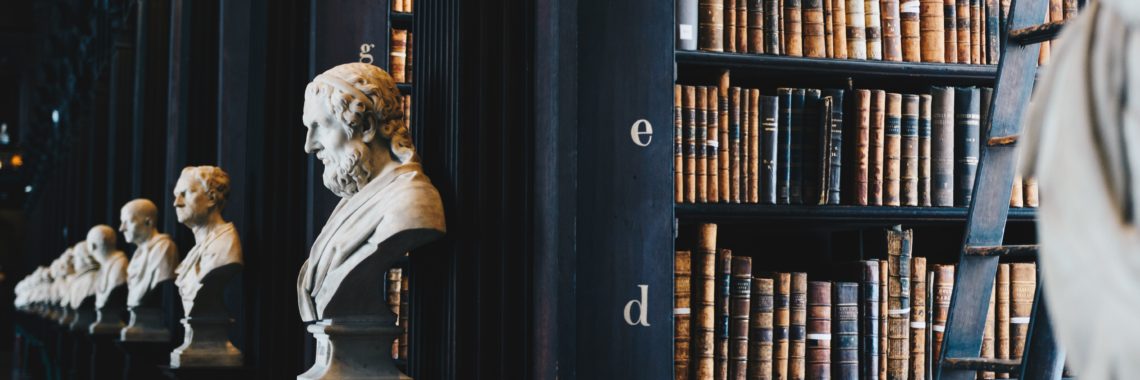“Free as F*ck: Kyle Rittenhouse, Whiteness, and a Divinely-Ordained Order to Kill” by Robert P. Jones
Today the news broke that Kyle Rittenhouse had been “acquitted on all charges in the shooting deaths of two men and wounding of a third at a Wisconsin protest against racial injustice last year,” as AP put it. I don’t say this glibly: God help us. Rittenhouse, as we would say growing up, was clearly “looking for…


